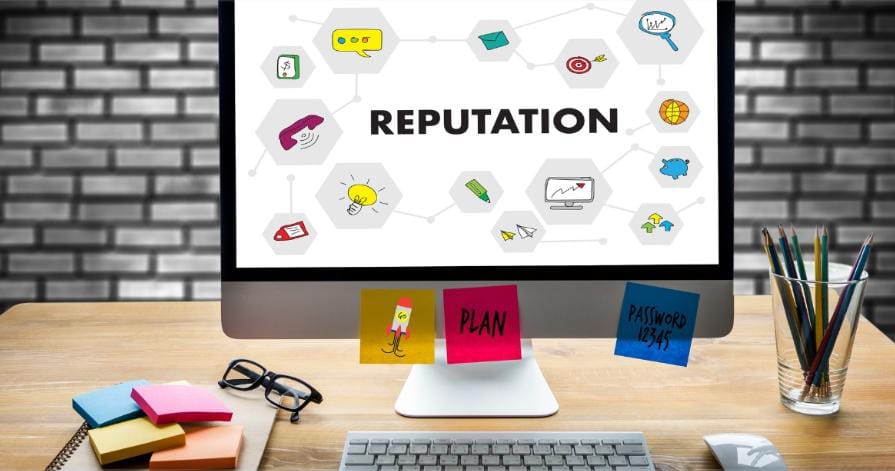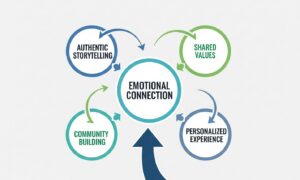In today’s digital age, our personal reputation is increasingly shaped by our online presence. Everything from social media posts to online reviews can impact how others perceive us. Personal Reputation Management is a crucial practice that helps individuals proactively build and protect their online image. In this blog post, we will explore the concept of Personal Reputation Management, its importance in the digital era, and effective strategies for building and safeguarding your personal brand.
Understanding Personal Reputation Management
Personal Reputation Management involves actively managing and controlling the information available about you online to shape a positive and accurate perception of your personal brand. It encompasses strategies to enhance your online presence, monitor and respond to online feedback, and mitigate any negative or damaging content that may exist.
The Importance of Personal Reputation in the Digital Era
In today’s interconnected world, personal reputation plays a pivotal role in various aspects of life, including professional opportunities, social relationships, and personal credibility. Employers, clients, colleagues, and even potential romantic partners often turn to search engines and social media platforms to gather information about individuals before making decisions or forming opinions. A strong personal reputation can open doors to career advancement, business opportunities, and meaningful connections.
Building a Positive Online Presence
Personal Branding: Define your personal brand by identifying your values, strengths, and areas of expertise. Create a consistent and authentic online persona that reflects your desired image across various platforms.
Content Creation: Develop and share high-quality content that showcases your knowledge, skills, and achievements. This can include blog posts, articles, videos, and social media updates that align with your personal brand and target audience.
Engage in Thought Leadership: Establish yourself as a thought leader in your industry or area of interest by sharing insights, participating in relevant discussions, and contributing value to online communities.
Professional Networking: Actively engage with professionals in your field through networking platforms like LinkedIn. Connect with industry influencers, participate in relevant groups, and seek opportunities to collaborate or contribute to industry events.
Monitoring Your Online Presence
Regular Search Engine Monitoring: Conduct periodic searches of your name on search engines to monitor what information is publicly available. Set up Google Alerts or use online reputation management tools to receive notifications about any new mentions of your name.
Social Media Monitoring: Keep a close eye on your social media profiles and monitor comments, messages, and tags. Respond promptly and professionally to any feedback or inquiries.
Review Sites and Online Directories: Monitor and manage your presence on review sites and online directories relevant to your industry or profession. Encourage satisfied customers or clients to leave positive reviews and address any negative feedback with professionalism and a solution-oriented approach.
Mitigating Negative Content
Proactive Online Engagement: Actively engage with your audience by responding to comments, addressing concerns, and demonstrating your willingness to resolve issues. This shows that you are attentive and genuinely care about your online reputation.
Dispute and Removal Requests: If you come across false, defamatory, or damaging content, explore options for disputing or requesting removal of such content from relevant platforms. Provide evidence and follow the platform’s guidelines or policies to initiate the removal process.
Seek Professional Help: In cases where negative content poses a significant threat to your personal reputation, consider consulting with online reputation management professionals who can provide guidance and assistance in mitigating the impact.
Conclusion
Personal Reputation Management is a critical practice in today’s digital landscape. By proactively building and safeguarding your online image, you can shape a positive personal brand, enhance professional opportunities, and maintain credibility. From curating a strong online presence to monitoring and addressing feedback, taking proactive steps to manage your personal reputation will help you navigate the digital world with confidence and authenticity.



































